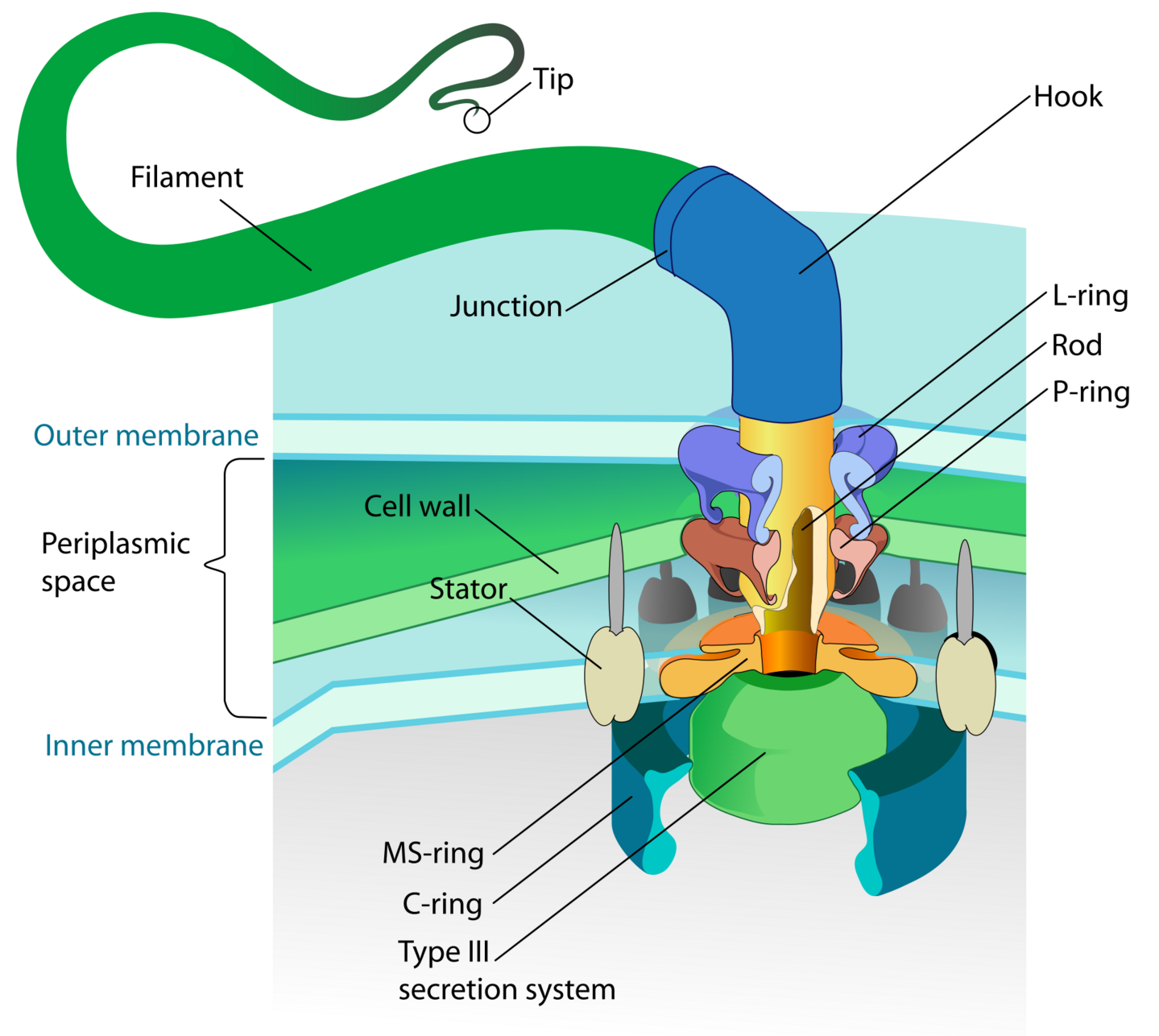Fanatic Philanthropist or One Who Recognizes Design When He Sees It?
Norwegian ship-owner and engineer Einar Johan Rasmussen drew fire recently with his philanthropic decision to donate 1.6 million dollars to BioCosmos, a foundation that challenges Darwinism by calling for, ". . . a more open debate on biology and the cosmos". The organization argues that because nature demonstrates such fine tuning, what we observe in natural systems (from cells to galaxies) is the consequence of the hand of an engineer, as opposed to the blind, undirected processes Darwinism demands.
Predictably, this donation drew condemnation from academics in both the science and religion camps. Martin Jacobsen, theologian at Ansgar Theological College, in a rebuke to the methodology of BioCosmos, remarked that naturalists are best suited to tell us about nature; and theologians, about God. I think many would agree. Perhaps we should further this line of thinking adding that engineers (such as Rasmussen) are supremely qualified to tell us about designed and engineered systems.
Engineers are a fastidious lot. Their unusual penchant for detail likely stems from the fact that the things they design and build cannot - and simply must not – fail; such as bridges, buildings, ships and planes. Matthew Wells in A History of Engineering and Structural Design states that engineers, ". . . train and practice within a hermetic, yet notionally universally acceptable, system of rules." Indeed, engineers engineer, with a staunch respect for the laws of nature and mathematics. Wells adds, ". . . they exercise their dominion over nature with care."
We are all very grateful for engineers "coloring within the lines," and paying homage to nature's laws. Naturalists, fellow members within the fraternity of science and technology, are perhaps not as bound to following the rules, since their experimental craft affords them some exploration of their creative musings, enabling them to discover the rules engineers design by. Once elucidated (i.e., published), these rules become effective tools wielded in the hands of mighty engineers, like expert craftsman. In their bid to exercise dominion over nature, engineers leverage those natural laws uncovered by scientists, for the betterment of humanity – it's called technological advance. In this capacity, we could say that science serves the purpose of the engineer.
Training, combined with their natural proclivities, enables engineers (like Rasmussen) to not only design and build complex systems (engaging a higher order cognitive skill called synthesis – see Bloom's taxonomy), but to also break down an already existing system (in an altogether different skill called analysis) into its components. What this means is engineers are quite adept at analyzing, say, a modern cargo ship. In their analysis, such an engineer could ascertain what the original schematic of the engine might have looked like, horsepower, cargo capacity, the factory where the ship was assembled, and maybe even the original design team.
In conjunction with the skill sets of synthesis and analysis, engineers possess the unique ability to recognize design, where it may escape the notice of others not so trained.
It would not be too hard to imagine what the mariner-engineer Rasmussen might have thought if shown a schematic of a bacterial flagellum motor. Likely the elder engineer would have recognized proteins comprising the rotor, stator, central rod (drive shaft), propeller (filament), and L-ring and P-rings (acting as bushings) giving rise to a complex structure remarkably resembling an outboard motor (refer to Michael Behe, Darwin's Black Box). Dare we imagine the chuckle he might enjoy at the notion this nanomotor was the consequence of purely unguided, blind, and directionless processes?

Anyone willing to take an honest look at one of nature's more "simple" systems – such as that of a bacterial flagellum, would have to recognize it seems to be anything but the product of a random and undirected process. Consider if you will then, the reaction of one trained in the science of constructing and deconstructing systems, when confronted with a theory that posits this biological motor as the product of random and undirected processes. Is it any surprise that an organization such as BioCosmos, would find support from an engineer such as Rasmussen?
Notes:
Behe, M. J. (1996). Darwin's black box: The biochemical challenge to evolution. Simon and Schuster.
Morimoto, Y. V., & Minamino, T. (2014). Structure and function of the bi-directional bacterial flagellar motor. Biomolecules, 4(1), 217-234.
Wells, M. (2010). Engineers: a history of engineering and structural design. Routledge.
graduated summa cum laude from California State University, Fresno, with a BS in molecular biology and a minor in cognitive psychology. As an undergraduate, she conducted research in immunology, microbiology, behavioral and cognitive psychology, scanning tunneling microscopy and genetics - having published research in the Journal of Experimental Psychology, and projects in scanning tunneling microscopy. Having recently completed an M.Ed. from University of Cincinnati and a Certificate in Apologetics with the Talbot School of Theology at Biola University, Emily is currently an instructional designer/content developer for Moody Bible Institute and teaches organic chemistry and physics. As a former Darwinian evolutionist, Emily now regards the intelligent design arguments more credible than those proffered by Darwinists for explaining the origin of life.
• Get SALVO blog posts in your inbox! Copyright © 2026 Salvo | www.salvomag.com https://salvomag.com/post/in-defense-of-the-multi-billionaire-engineer



















